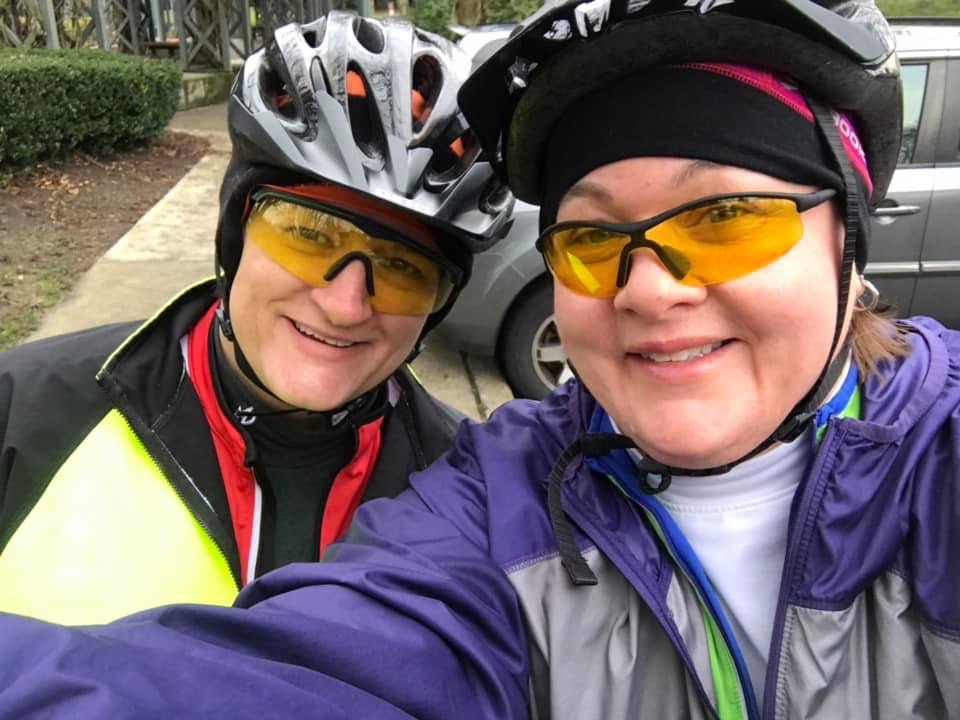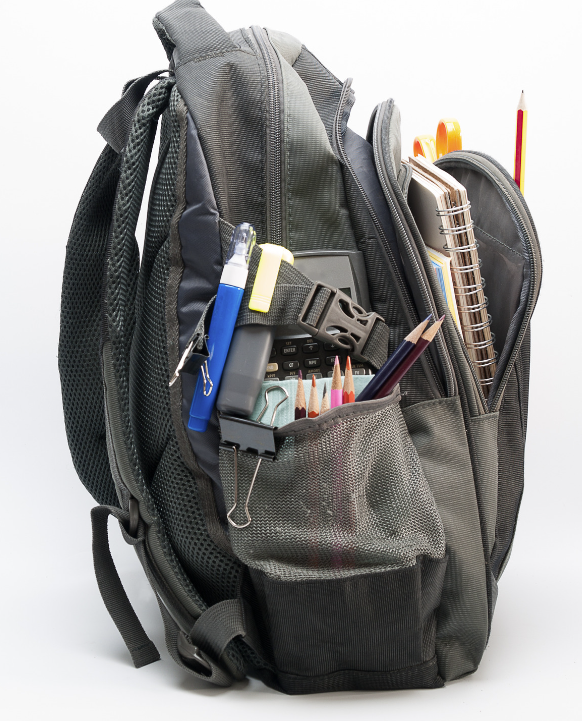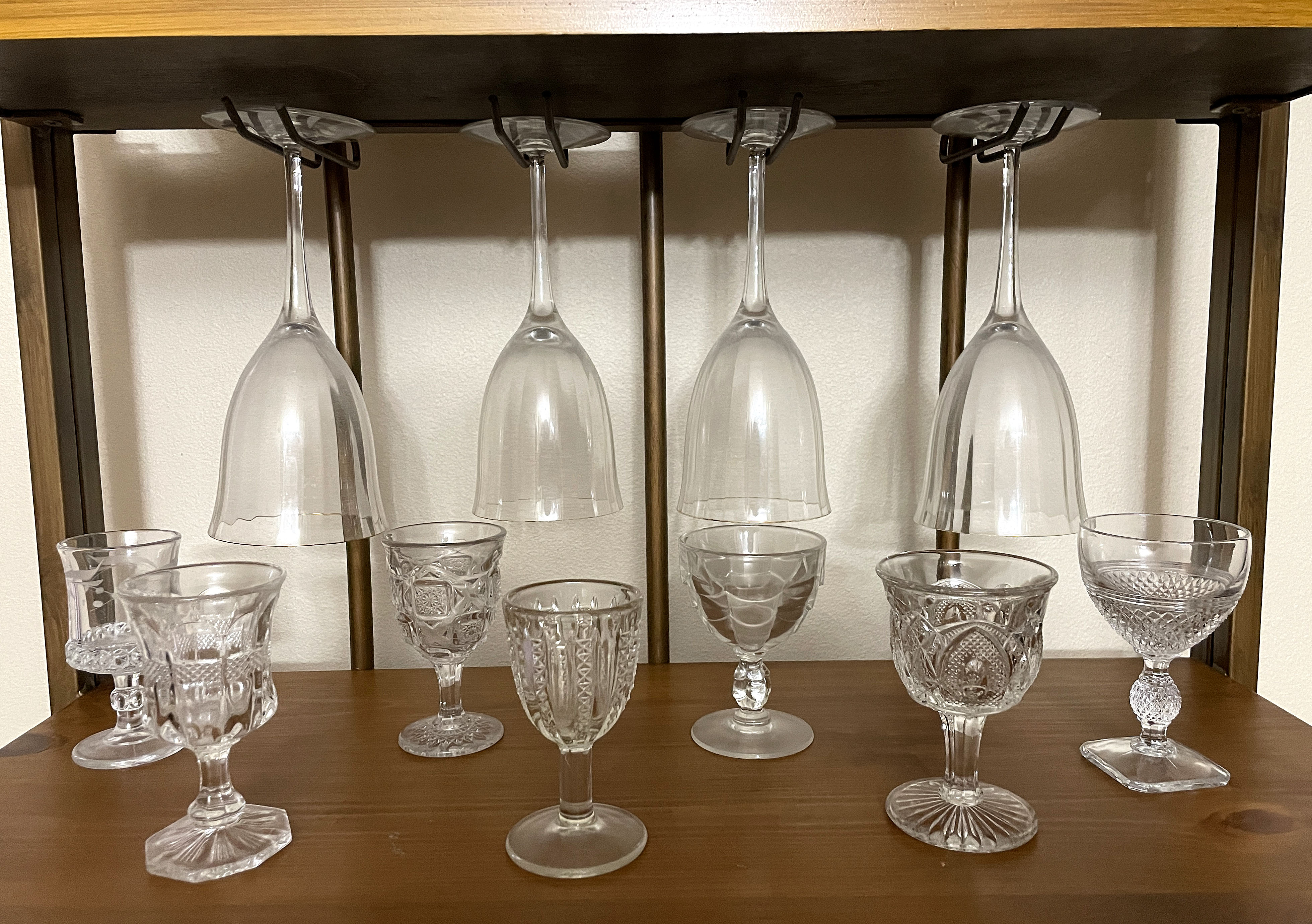It’s 4:15 AM and my REM-induced travels are abruptly ended by my clock radio blaring Miranda Lambert. In silence, I get up, get dressed, and brush my teeth. In the workout room, I turn on the fan and put my bike shoes on. I spend 30 minutes on the bike, change shoes and put in 30 minutes on the Erg. I turn off the fan, turn out the lights in the work out room, and shut the door so that Buttercup does not eat any more of my gear. She is a young Boxer with a wicked addiction to Blistex. In the kitchen, I make a smoothie and drink it while checking my emails. I take a shower, put on my makeup and get dressed. I load up the Jeep, open the garage door, turn the Jeep on, back out and go to work. I do this every weekday. Mostly with unconscious precision. Oh sure, I have occasionally shown up for work in dark navy heels when I should have worn black but that is more an aging eyesight issue than an attention issue. I have never, for example, backed out before opening the garage door. The fact is that all of that is habit. I do it mostly without thinking, in the right order, and with nearly 100% accuracy. It is a habit set in a specific context. I am home. It is morning. It is a weekday. I don’t have to think about it all which is fortunate. Imagine how big our heads would have to be if we had to consciously think about every single thing we do, every time we do it. If every time we put our keys in the car, we had to remember how to drive or think about how to get to work, our noggins would have to be enormous to hold all those neurons. Most of what we do is routine and habitual. If you don’t believe me, think about what you did yesterday. Try to remember the details of what you did. I am not talking about the memorable events like a conversation with a friend. I am talking about the thousands of things you filtered out as routine and unimportant as you drove through life. Just the other day, my daughter drove us somewhere that I would usually drive to. I could not believe what I had missed on that trip I make hundreds of times. There was literally a huge new building on a corner that I had driven by repeatedly without notice. Missing a building is probably not a huge concern, but I know I miss other things being on autopilot. I know because I have an 18-year-old conscience living with me. When I ask her a question that she already answered when I was not fully present, she lets me know, “I literally told you this like 3 minutes ago.” Cue cringe and apology.
The truth is that not all habits are bad. They save us time. Driving to work would take forever if I had to think about every little action it takes to get there. Red light means stop. I should stop. How do I do that again? Foot on the brake and clutch. Is it the right foot brake or left foot to brake? Habits save us from needing that enormous head of neurons I mentioned before. Habits leave room for things we think are more important. If I don’t have to think about rotating my leg on the bike, I can mentally compose my blog for example. However, not being fully present, and therefore missing my life as it is actually happening right now, is a drawback to practicing habits. In addition, many habits are actually unhealthy, harmful, or simply unwanted, as Hugh Byrne points out in The Here-and-Now Habit. Though even the negative habits develop out of a positive intention, they are nonetheless harmful. Smoking, for example, is often used as an attempt to combat anxiety and overeating is often used to provide a sense of comfort. Some people use alcohol and drugs to numb themselves to emotional or psychological pain. Gambling gives some people a thrilling rush of adrenalin. Unfortunately, those habits must be continually fed and, worse, they are often followed by painful consequences. These are the extremes, of course, and the hardest to change.
But everyone has some habit that is interfering with living life to its fullest. Maybe social media has become a distraction that keeps you from being fully present with family and friends or prevents you from accomplishing other goals. Maybe you want to be more active, but you just cannot stop watching Criminal Minds (not judging just noticing here). Maybe you want to make healthy food choices. That has been a goal of mine. I have a sweet tooth of epic proportion. I had been doing very well making good choices until the Christmas holiday came along. It started with a small piece of apple pie on Christmas Eve with a dollop of vanilla bean ice cream. I thought I could handle it. I mean it was made with apple. That is a fruit after all. And apparently, vanilla is a bean. Just saying. But alas, no. That apple pie was my gateway sweet and it led directly to chocolate. Before I knew it, I was at a Starbucks, wild-eyed and thirsting for a mocha, extra hot with whipped. It wasn’t pretty. The rest is just too horrible to mention. Suffice it to say peppermint and ginger were involved. I am not proud. It reminded me of this guy I used to work with. Whenever something intense would happen at work, he would start patting all of his pockets. Then he would stop talking and I could tell he was having this conversation in his head, “Where did I leave my cigarettes? Pants? Shirt? Car? Damn it! I quit smoking. Why did I quit smoking?” He had quit at least 10 years before. Any kind of conflict left him searching for a lighter. I get the inclination. I made a habit of mindlessly eating chocolate and all of its confectionery cousins. I was pretty annoyed to find myself caught in its seductive web yet again. As I was reading The Here-and-Now Habit by Hugh Byrne, I realized that sheer willpower and intention are not enough to overcome a habit. Eating sweets is a habit that I slipped back into without really thinking about it. Unlike driving my car or getting ready for work in the morning, it is a habit that I want to change and the only way that is going to happen is by bringing awareness and attention to it. I don’t want to think about which foot to use to brake the Jeep. I need to think about what I am doing when I am wandering past that bowl of truffles. I can get the same feeling of well being and pleasure from the endorphins I get cycling as I get from the dopamine eating sweets. When it is all said and done, I feel like cheering after a great workout, not so much after a truffle. The insidious thing about harmful or unwelcome habits it that they can happen without our conscious intention. Repeated actions in a similar context is all they need to burrow into our minds and bodies. The amazing thing is that we can develop positive habits that help us to live life to its fullest. All you need is awareness, attention and intention. In other words, be present. It is what gets me up at 4:15 every morning.
What habits are holding you back?
More importantly, what habits would make your life better?
I chose this photography of my New Year’s Day bike ride with my best friend because it reminds me of how much better cycling is than chocolate especially when you get to do it outdoors with your best friend.







Leave a Reply